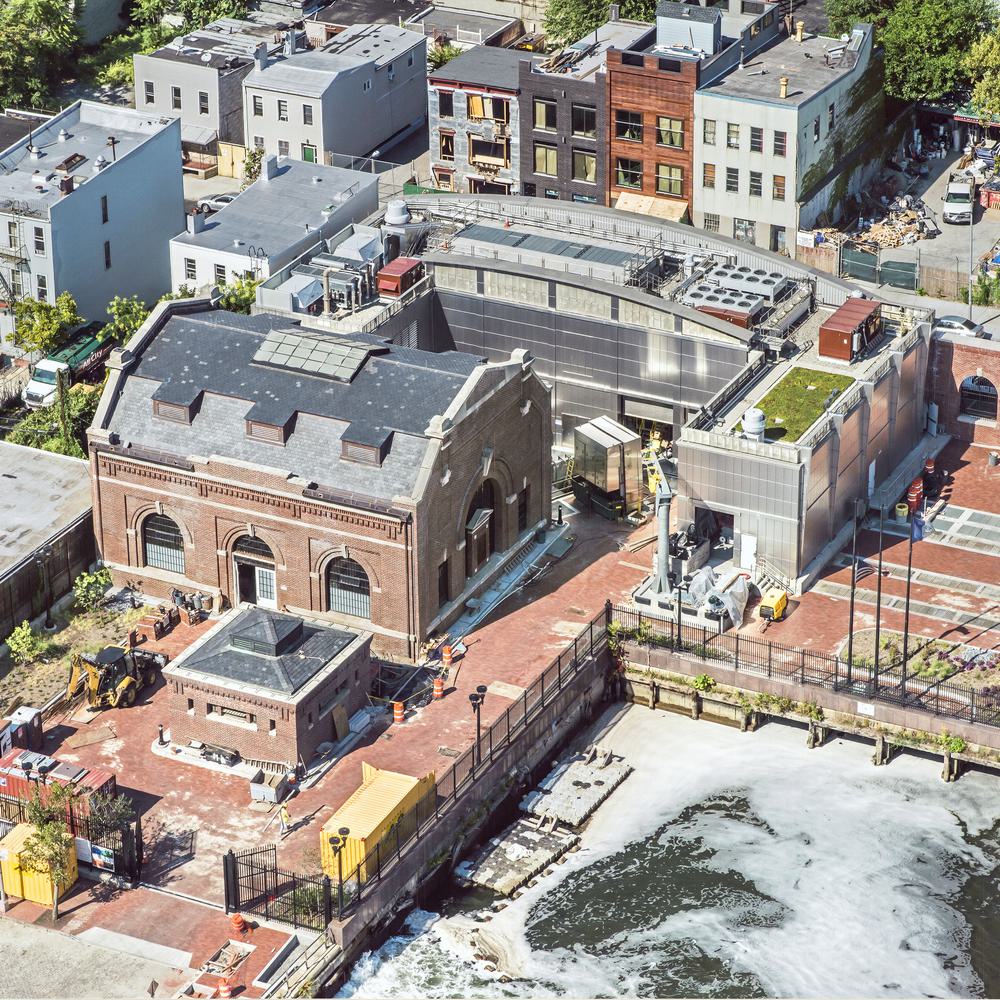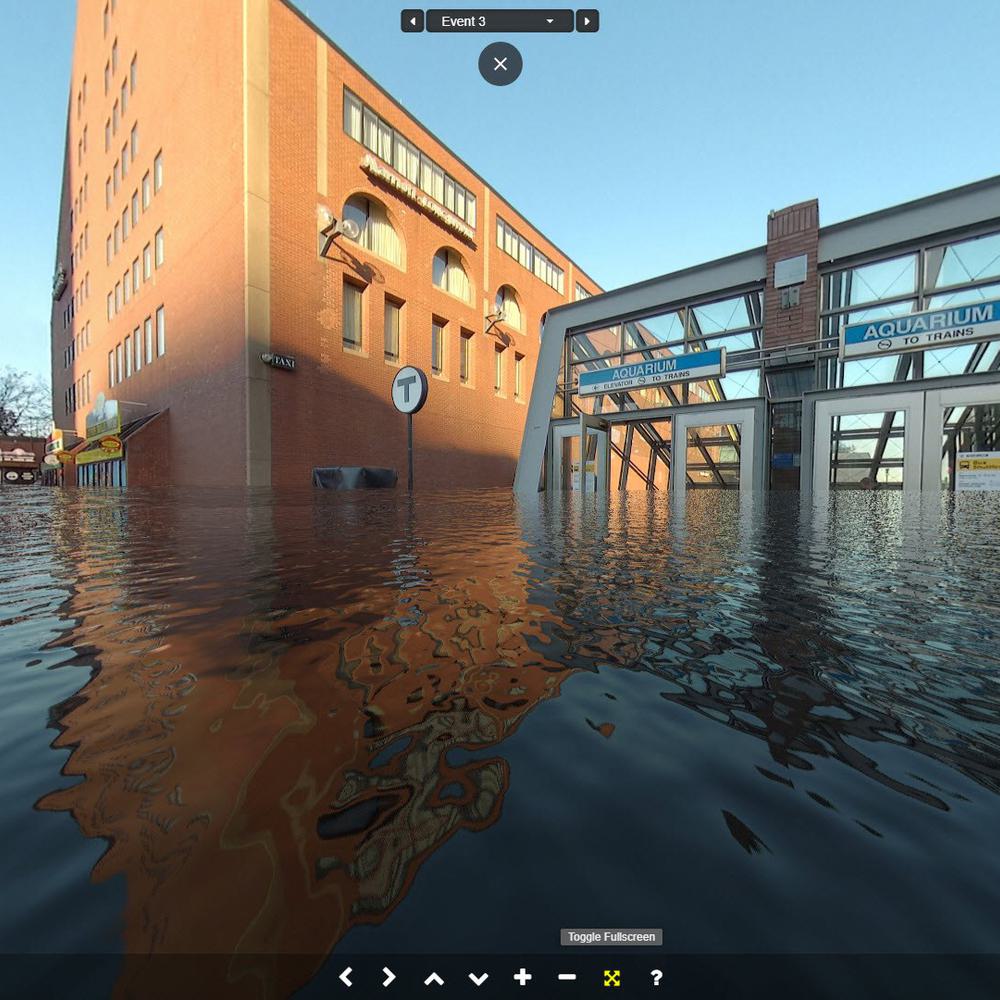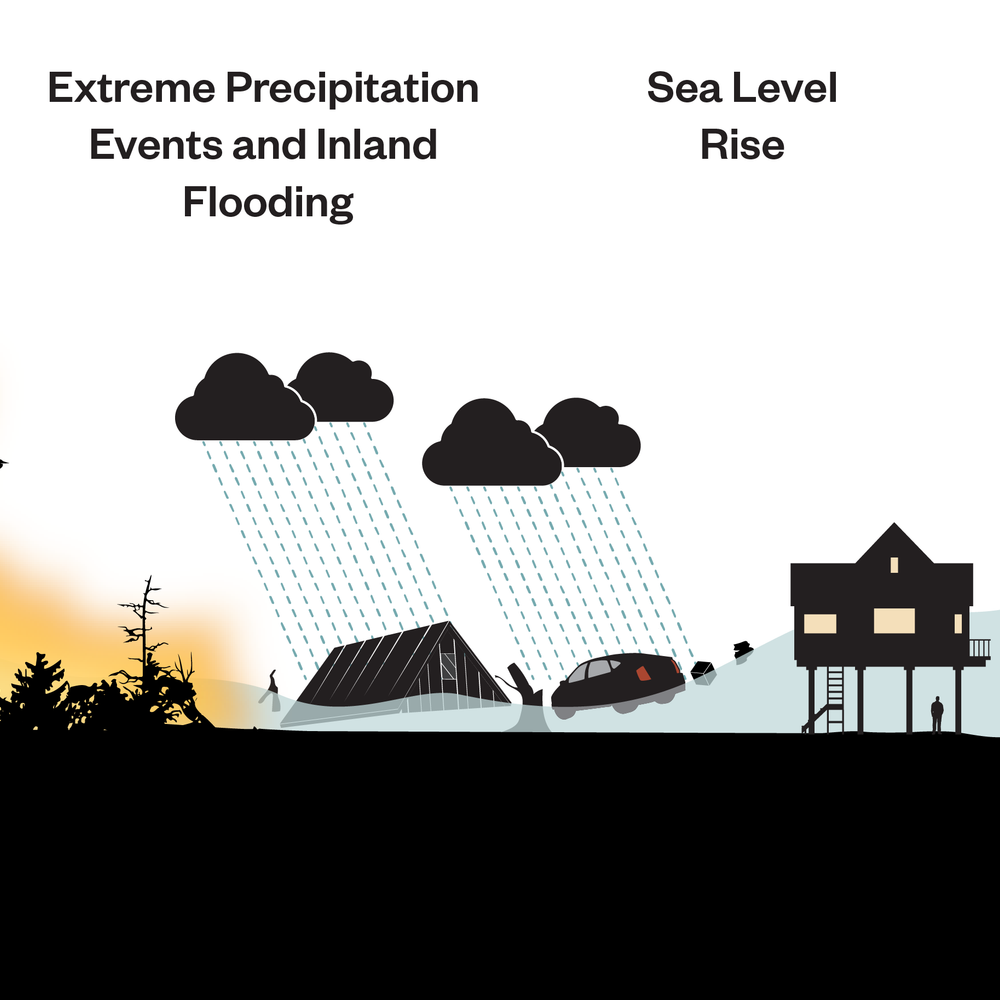New York City DEP Report Advances Future Stormwater Plans
Last Modified Jul 05, 2022
The City of New York has a comprehensive set of programs aimed at improving water quality and protecting waterways, the environment, and public health across the five boroughs. The New York City Department of Environmental Protection (DEP) has already invested more than US$12 billion over the past decade to upgrade the city’s sewer system and treatment plants to reduce the threat of combined sewer overflows (CSOs) into surrounding waterbodies. The city owns and operates 14 wastewater treatment facilities and 96 pumping stations that convey stormwater and wastewater. The immense system protects the environment and the health of more than 8 million residents. The city’s robust capital program and implementation of one of the most aggressive green infrastructure programs in the nation has made New York Harbor cleaner and healthier than it has been in more than a century.
Related Topics:
In addition to the combined sewer system and the separate wastewater collection system, the city owns and operates stormwater infrastructure that discharges directly into the local waterbodies through the municipal separate storm sewer system (MS4). As such, the MS4 Stormwater Management Program (SWMP) is a key element of DEP’s mission to protect the harbor. The SWMP includes numerous programs designed to reduce the pollution potential of stormwater runoff in the areas of New York City served by separated sewers. In 2018, DEP lead a multi-agency effort to create the city’s first SWMP Plan, a requirement of the MS4 Permit and the Clean Water Act.
To develop and document the most effective stormwater management program possible, DEP looked to its peers in other municipalities to develop best practices and share research. DEP worked with 34 communities and with 38 participating agencies across the country to gather information on a variety of stormwater-related topics. DEP commissioned The Water Research Foundation’s Innovative and Integrated Stormwater Management Report, which summarizes the results of these discussions and provides baseline knowledge to assist in making informed, effective, and strategic decisions as stormwater programs continue to grow.
New programs that the city developed as a result of this collaboration include a construction and post-construction stormwater management program, industrial and commercial stormwater management program, and enhancement of municipal good-housekeeping pollution prevention program. The city was able to base these new programs on successful existing ones in Philadelphia, Pennsylvania; Washington DC; and Boston, Massachusetts, to name a few.
Excerpted from "World Water Stormwater Management":https://www.hazenandsawyer.com...















